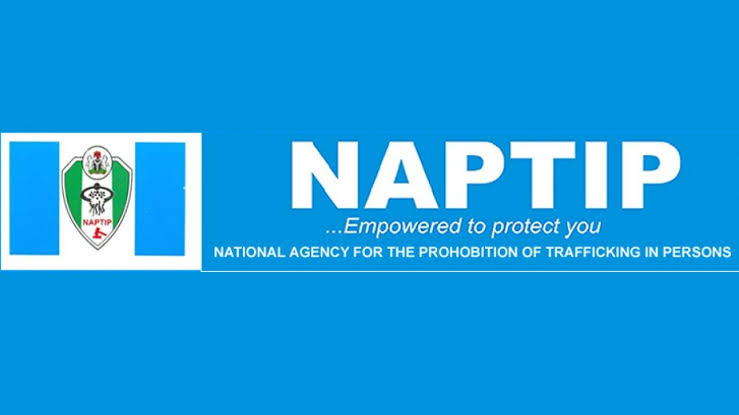The House of Representatives has asked the National Agency for the Prohibition of Trafficking in Persons (NAPTIP) to begin shaming sex traffickers in their homes, including widespread publication of names and pictures of convicted traffickers.
SEE ALSO: 109 Nigerian women die from pregnancy complications everyday – says Aisha Buhari
This followed a unanimous adoption of a motion moved by Rep. Rimamnde Kwewum (PDP-Taraba) and seven others during plenary presided over by the Speaker, Mr Femi Gbajabiamila on Wednesday.
The motion was on the “Need to Investigate the Degrading Sex Slavery Nigerian Women are Subjected to”.
Presenting the motion, Kwewum said that there were currently several tens of thousands of Nigerian women and underage girls turned into sex slaves around the world.
The lawmaker said that some West African countries had “become notorious in maltreating Nigerian women, keeping them as sex slaves” and providing safe haven for perpetrators of human trafficking.
He said that several investigations carried out by NAPTIP showed that between 20,000 to 30,000 Nigerian girls were sex slaves with 50 girls being added to the list every day.
“Because of increased efforts of the security agencies, traffickers no longer accompany their victims to Mali but now “waybill” the girls through Cotonou.”
He added that the victims were deceived by friends and relatives to leave Nigeria to work as domestic helps, hair dressers or in sales in “Mali-sia”.
Kwewum said that NAPTIP investigations also revealed that the girls were trafficked to the mining areas and rebel held areas of Mali.
He said the report showed that Malian law enforcement agencies collected taxes from Nigerian women on a weekly basis, treated them forced them to use condoms.
“Nigerian women are forced by their ‘Madams’ to sleep with numerous men, without using any protection, hence the high incidence of sexually transmitted diseases and other ailments.
He said that in spite of numerous reports and pictures of trafficking sent to Nigerian security agencies at the borders, no action had been taken to curb the practice.
The lawmakers agreed that that continuation of the act dented the image of the country and provided room for disrespect from other neighbouring countries.
“The house is concerned that several of the girls tricked into travelling out of the country have been brutally penalised (by the traffickers) for insisting that they would not prostitute.
“The house also observes that current efforts to combat the menace are commendable though not far reaching and comprehensive and have not been adequately funded.”
The lawmakers, however, urged personnel of the Nigerian Immigration Service at the ports and borders of Nigeria to permit trained NAPTIP officials to operate, to spot, identify and prevent the illicit emigration of potential victims.
The house also urged NAPTIP to make it mandatory for all border officials of all security agencies to be trained.
It also directed the Committee on Human Rights to conduct investigation into all aspects of sex slavery and recommend appropriate budgeting and legislative measures.
Recommendations would include sanctions and cooperation with fellow African countries to stem the tide.

